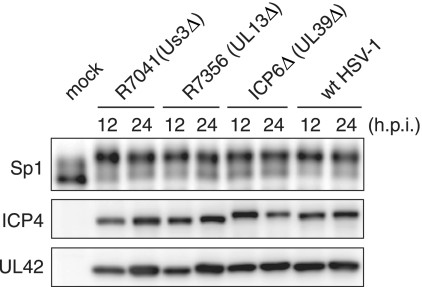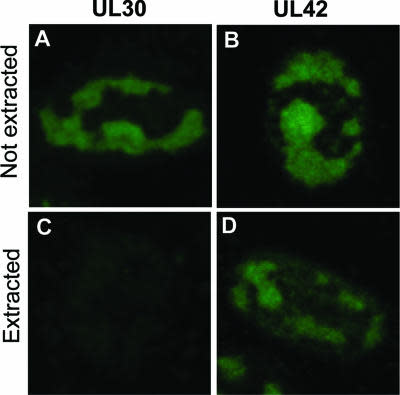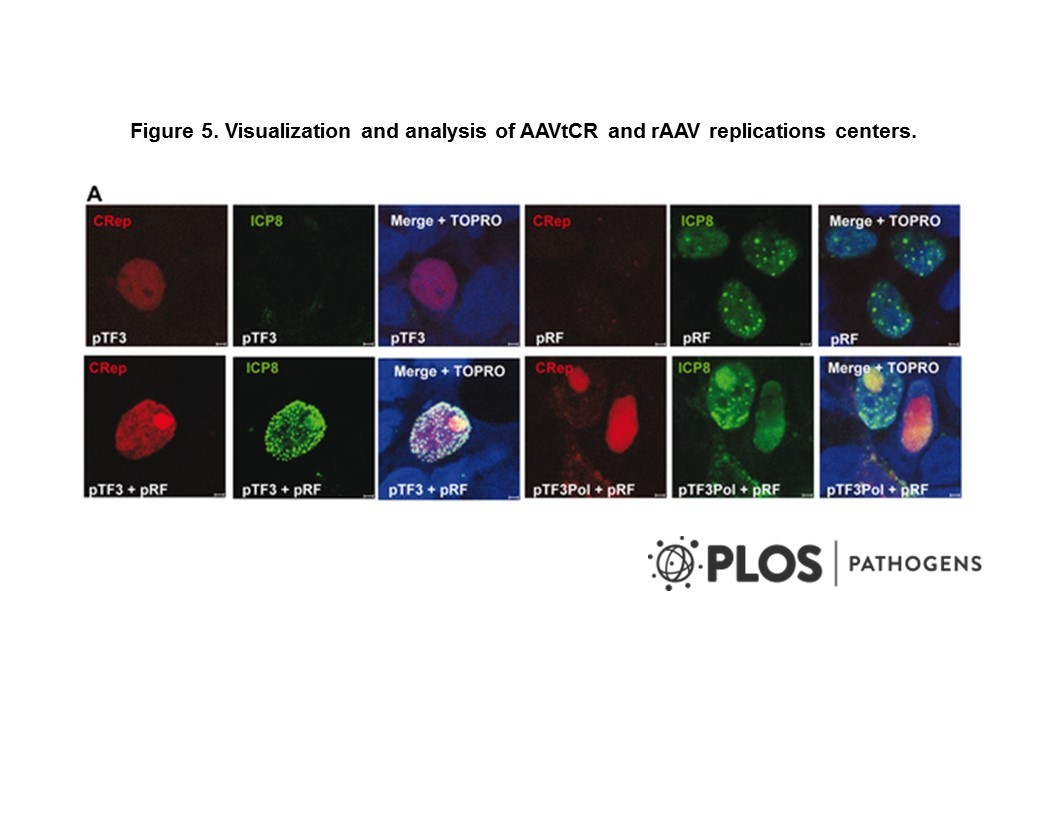Cat. #151450
JIM3 Cell Line
Cat. #: 151450
Sub-type: Primary
Unit size: 1x10^6 cells / vial
Organism: Human
Tissue: Blood
Disease: Cancer
Model: Tumour line
£575.00
This fee is applicable only for non-profit organisations. If you are a for-profit organisation or a researcher working on commercially-sponsored academic research, you will need to contact our licensing team for a commercial use license.
Contributor
Inventor: M.S. Hamilton
Institute: University of Birmingham
Tool Details
*FOR RESEARCH USE ONLY
- Name: JIM3 Cell Line
- Tool sub type: Primary
- Organism: Human
- Gender: Female
- Tissue: Blood
- Disease: Cancer
- Model: Tumour line
- Conditional: Yes
- Description: JIM3 was established from plasma myeloma cells derived from pleural fluid of an advanced multiple myeloma patient, and is homoplastic with the cell line JIM1. It allows in vitro study and comparison of genetic instability in myeloma tumour lines and in vitro study of the effects of DNA repair deficiency in myeloma tumour lines. JIM3 shows typical plasma cell phenotype (CD38, PCA-1 8A and CD24 positive), deficient in DNA repair.
- Production details: Derived from plasma myeloma cells from pleural fluid of advanced multiple myeloma female patient.
- Additional notes: STR profiling showed that this cell line is of female origin
- Cellosaurus id: CVCL_2533
Applications
- Application notes: STR profiling showed that this cell line is of female origin
Handling
- Format: Frozen
- Growth medium: Dexter culture medium, consisting of Fischer's medium + 20% FCS +10-7 M hydrocortisone sodium succinate. Seed at 2-9 x 10 5 cells/cm3 5% CO2; 37?°C
- Unit size: 1x10^6 cells / vial
- Shipping conditions: Dry ice
References
- Leone et al. 2008. Clin Cancer Res. 14(19):6033-41. PMID: 18829482.
- Deletions of CDKN2C in multiple myeloma: biological and clinical implications.
- Velangi et al. 2004. Carcinogenesis. 25(10):1795-803. PMID: 15142887.
- DNA mismatch repair pathway defects in the pathogenesis and evolution of myeloma.
- Hamilton et al. 1991. Leukemia. 5(9):768-71. PMID: 1943229.
- Normal and neoplastic human plasma cells express bcl-2 antigen.






